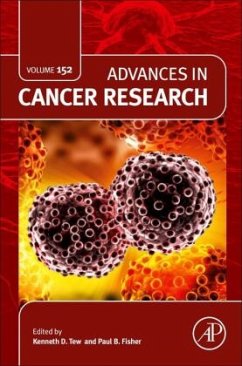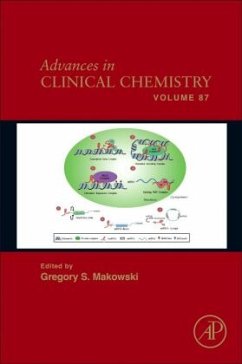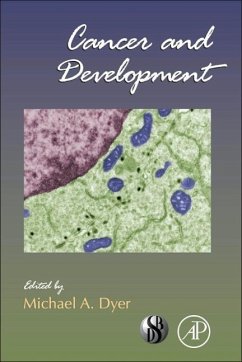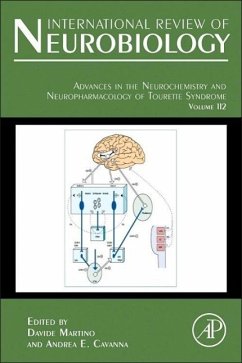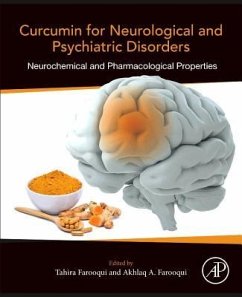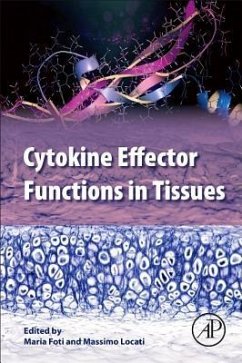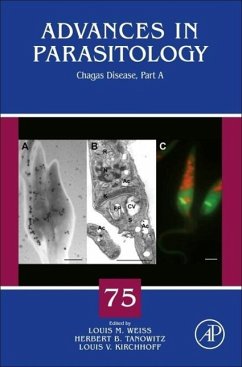
Advances in Cancer Research

PAYBACK Punkte
47 °P sammeln!
Advances in Cancer Research, Volume 144, the latest release in this ongoing, well-regarded serial, provides invaluable information on the exciting and fast-moving field of cancer research. Chapters in this new release include Gene-Environment-Microenvironment Interactions in Melanomagenesis, PP2A and the Cell Cycle, Current Progress Defining Calcium Signals as Therapeutic Targets in Cancer Cells, and much more.




